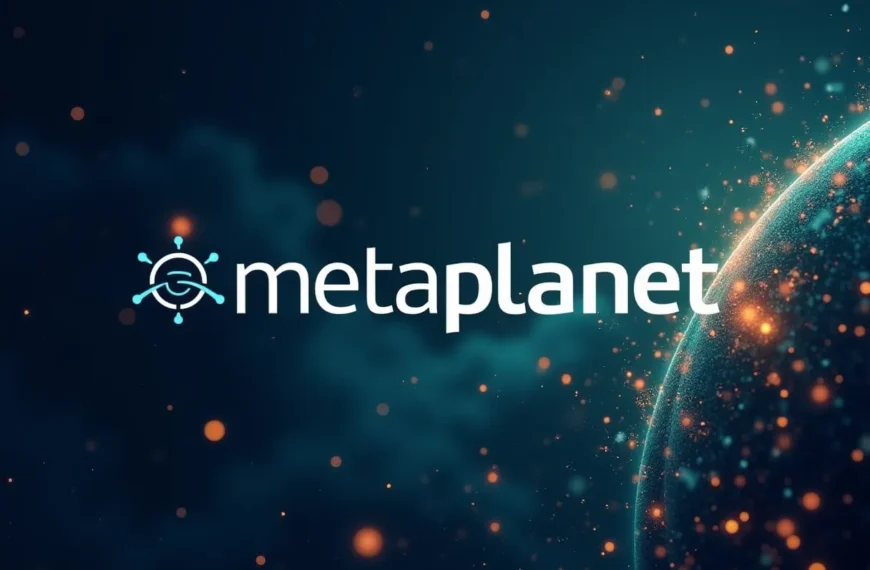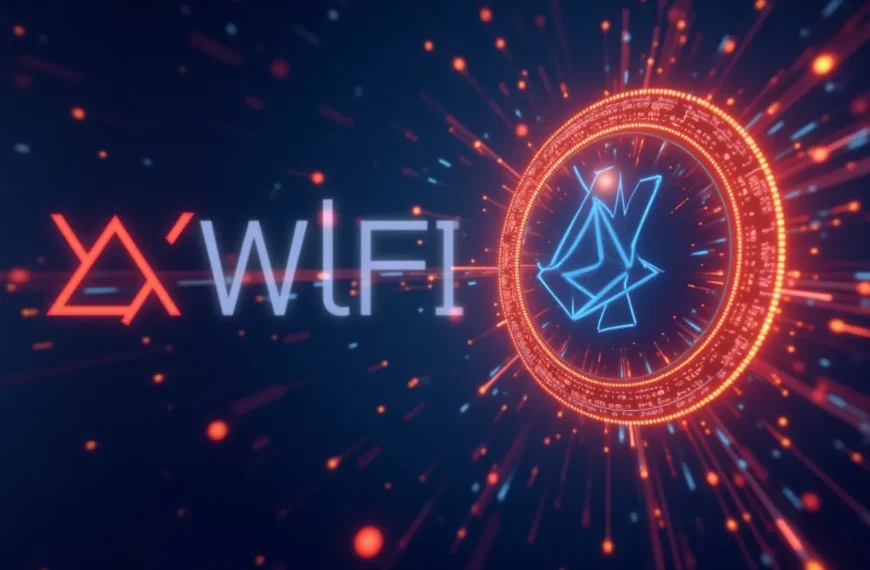Introduction to Carbon Credit Tokenization
As the world increasingly confronts the challenges posed by climate change, innovative solutions are required to manage carbon emissions effectively. One such solution lies in the realm of carbon credits, a market-based approach that allows companies to offset their carbon footprint by purchasing credits from those who reduce emissions. In the wake of this necessity, JP Morgan’s blockchain unit is stepping up to revolutionize carbon credit tokenization, which could significantly streamline and enhance the trading of these credits.
Understanding Carbon Credits
Carbon credits are essentially permits that allow the holder to emit a certain amount of carbon dioxide or other greenhouse gases. The concept is rooted in the idea that reducing emissions in one area can offset emissions elsewhere. Companies that manage to lower their emissions can sell their excess credits to organizations that find it more challenging to reduce their emissions.
The benefits of carbon credits include:
However, despite the benefits, the carbon credit market has faced challenges, including lack of transparency, fraud, and inefficiencies in trading processes.
JP Morgan’s Blockchain Initiative
JP Morgan, a leading global financial services firm, has recognized the potential of blockchain technology to address these issues. The firm’s blockchain unit is dedicated to developing solutions that can transform how carbon credits are traded and managed. By tokenizing carbon credits on a blockchain platform, JP Morgan aims to create a more transparent, efficient, and secure marketplace for these credits.
What Does Tokenization Mean?
Tokenization refers to the process of converting rights to an asset into a digital token that can be stored, transferred, and traded on a blockchain. In the case of carbon credits, tokenization can facilitate:
The Role of Blockchain Technology
Blockchain technology offers several advantages that can significantly enhance the carbon credit trading process:
1. Enhanced Transparency
Blockchain technology allows for a decentralized ledger that is accessible to all participants. This means that every transaction related to carbon credits can be viewed and verified by anyone, reducing the chances of manipulation or fraud.
2. Streamlined Transactions
Traditional carbon credit transactions often involve multiple intermediaries, which can slow down the process and increase costs. By utilizing blockchain, JP Morgan can facilitate direct peer-to-peer transactions, significantly speeding up the trading process.
3. Improved Traceability
With each carbon credit token being recorded on the blockchain, stakeholders can easily trace the history of each credit. This traceability ensures that credits are not double-counted and helps maintain the integrity of the market.
Potential Impact on the Carbon Credit Market
The introduction of JP Morgan’s blockchain-based carbon credit tokenization could lead to several transformative changes in the market:
Challenges Ahead
While the prospects of blockchain in the carbon credit market are promising, there are challenges that must be addressed:
1. Regulatory Hurdles
As with any emerging technology, regulatory frameworks surrounding blockchain and carbon credits are still evolving. JP Morgan will need to navigate these regulations to ensure compliance and foster trust among participants.
2. Market Adoption
For the tokenization of carbon credits to be successful, widespread acceptance and adoption are crucial. This requires educating stakeholders about the benefits of blockchain and how it can enhance their trading practices.
3. Technological Integration
Integrating blockchain technology into existing carbon credit systems may pose technical challenges. Ensuring compatibility with current infrastructure will be essential for a smooth transition.
Conclusion
JP Morgan’s initiative to tokenize carbon credits using blockchain technology symbolizes a significant leap forward in the quest for sustainable solutions to combat climate change. By enhancing transparency, efficiency, and security in the carbon credit market, this move could lead to a more robust and accessible trading environment.
As the world continues to grapple with climate issues, innovations like these are critical in promoting environmentally responsible practices and facilitating the transition to a greener economy. While challenges remain, the potential impact of JP Morgan’s blockchain initiative serves as a beacon of hope for a more sustainable future.






